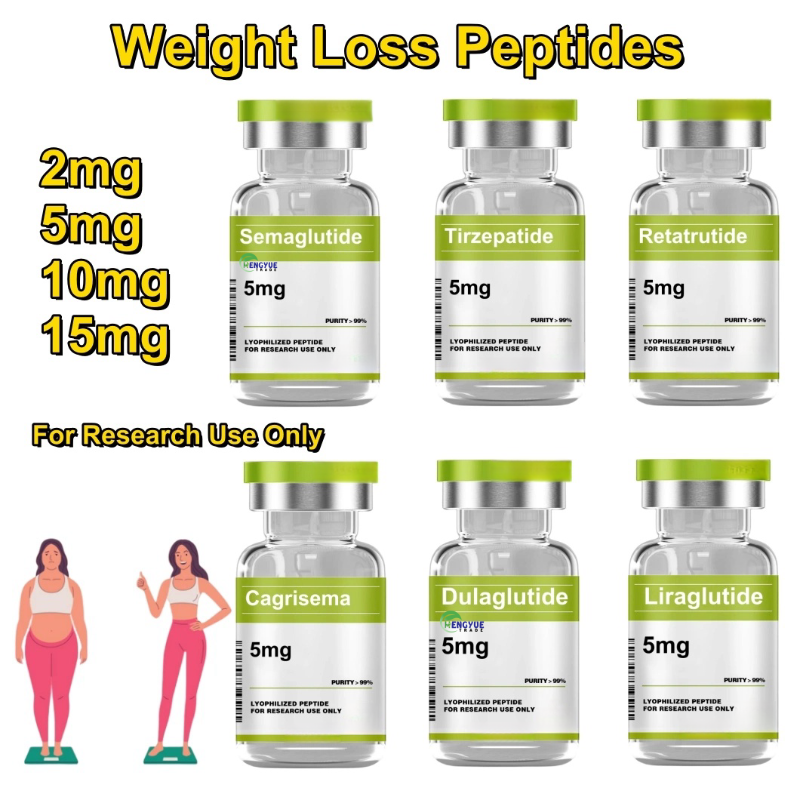In 2011, 30 new drugs in the United States were approved, reaching a 7-year high
-
Last Update: 2012-01-16
-
Source: Internet
-
Author: User
Search more information of high quality chemicals, good prices and reliable suppliers, visit
www.echemi.com
Source: Bloomberg News Agency 2012-01-16 in 2011, with pharmaceutical companies responding positively to regulatory requirements for more safety data, and trying to avoid FDA's "supplement" at the last minute, the number of approved new drugs in the United States reached a new high in seven years, with a total of 30 new drugs approved, up only significantly from 21 in the previous year In 2004, 36 new drugs were approved There are three new drugs approved by Johnson & Johnson and GlaxoSmithKline respectively In 2010, no pharmaceutical company approved more than one new drug At least 21 drugs will lose a total of $11.5 billion in sales revenue in 2012 due to patent lapses New products launched by pharmaceutical companies in 2010-2011 are expected to generate just over $4 billion in revenue this year The industry agreed that the FDA was in an increasingly difficult position and was working to improve its approval efficiency New compounds approved in 2011 include yevoy from Bristol Myers Squibb and xarelto from Johnson & Johnson Yevoy is the first drug approved to extend the life of patients with advanced skin cancer Berritol is the second approved anticoagulant for the treatment of arrhythmia The FDA also approved a new drug, benlysta, jointly developed by GlaxoSmithKline and human genome science, the first approved for lupus in 50 years Janet Woodcock, director of the FDA Center for drug evaluation and Research (CDER), said: "these new drugs are innovative in general, and FDA can more flexibly assess their efficacy and risk." The 2012 review predicted that in 2007, the U.S Congress further expanded the FDA's supervision power, after the FDA did not respond to the risk of mesardone's painkiller wanluo and GlaxoSmithKline's hypoglycemic drug Avandia Since then, the FDA has asked pharmaceutical companies to submit more data on the safety and efficacy of new drugs Paul huckle, GlaxoSmithKline's director of regulatory affairs, said that pharmaceutical companies are more aware of where resources should be invested FDA intervened earlier in the R & D process to communicate with pharmaceutical companies to let them know which research materials should be included in the new drug application, so as to avoid the notification of supplementary materials at the last moment As of November 30, 2011, industry filed 29 applications for new molecular entities with FDA, compared with 22 in 2010 Of the 30 new drugs approved in 2011, 19 were not asked to provide more research data when they were approved By contrast, of the 21 new drugs approved in 2010, only half were approved "in one step" by regulators It is expected that the pace of new drug approval in 2012 will be affected by the following factors: the U.S Congress updates the relevant approval system, and pharmaceutical companies continue to pay for the review of prescription drugs In 2011, the industry and FDA reached an agreement to extend the review time for two months, so as to allow further exchanges and discussions between the two sides during the testing of new drugs Congress must pass the agreement on October 1, when the current PDUFA law expires.
This article is an English version of an article which is originally in the Chinese language on echemi.com and is provided for information purposes only.
This website makes no representation or warranty of any kind, either expressed or implied, as to the accuracy, completeness ownership or reliability of
the article or any translations thereof. If you have any concerns or complaints relating to the article, please send an email, providing a detailed
description of the concern or complaint, to
service@echemi.com. A staff member will contact you within 5 working days. Once verified, infringing content
will be removed immediately.







